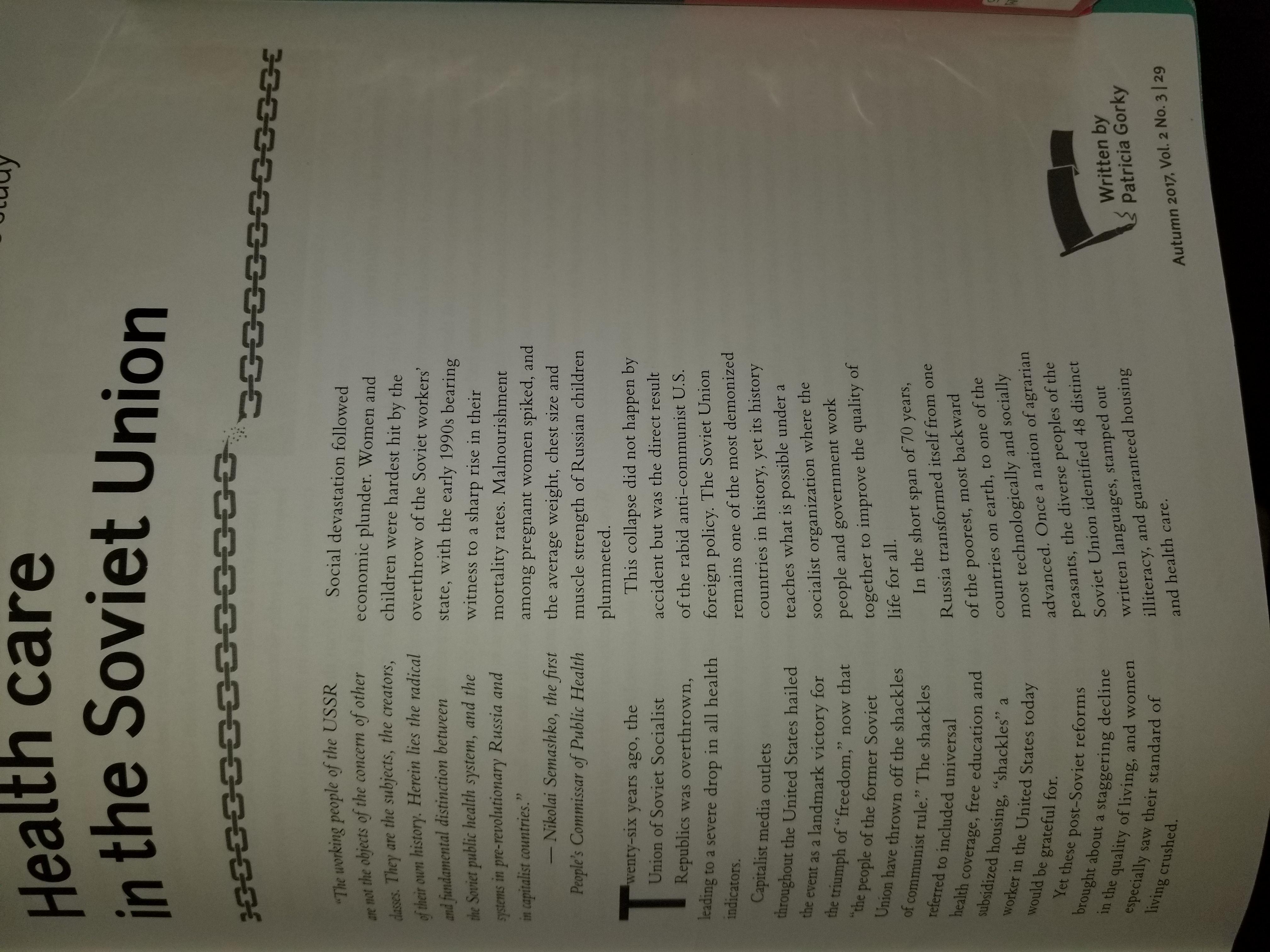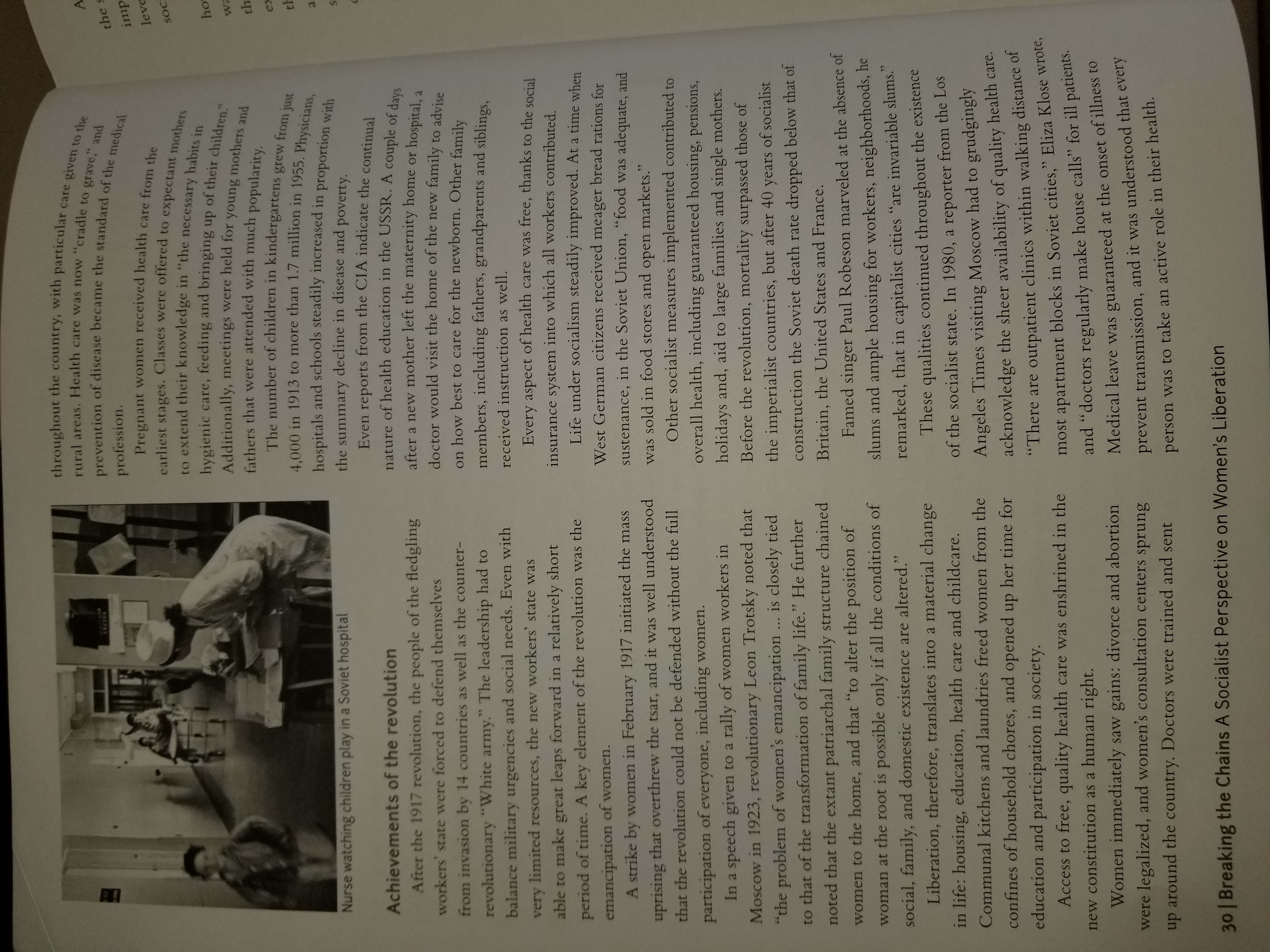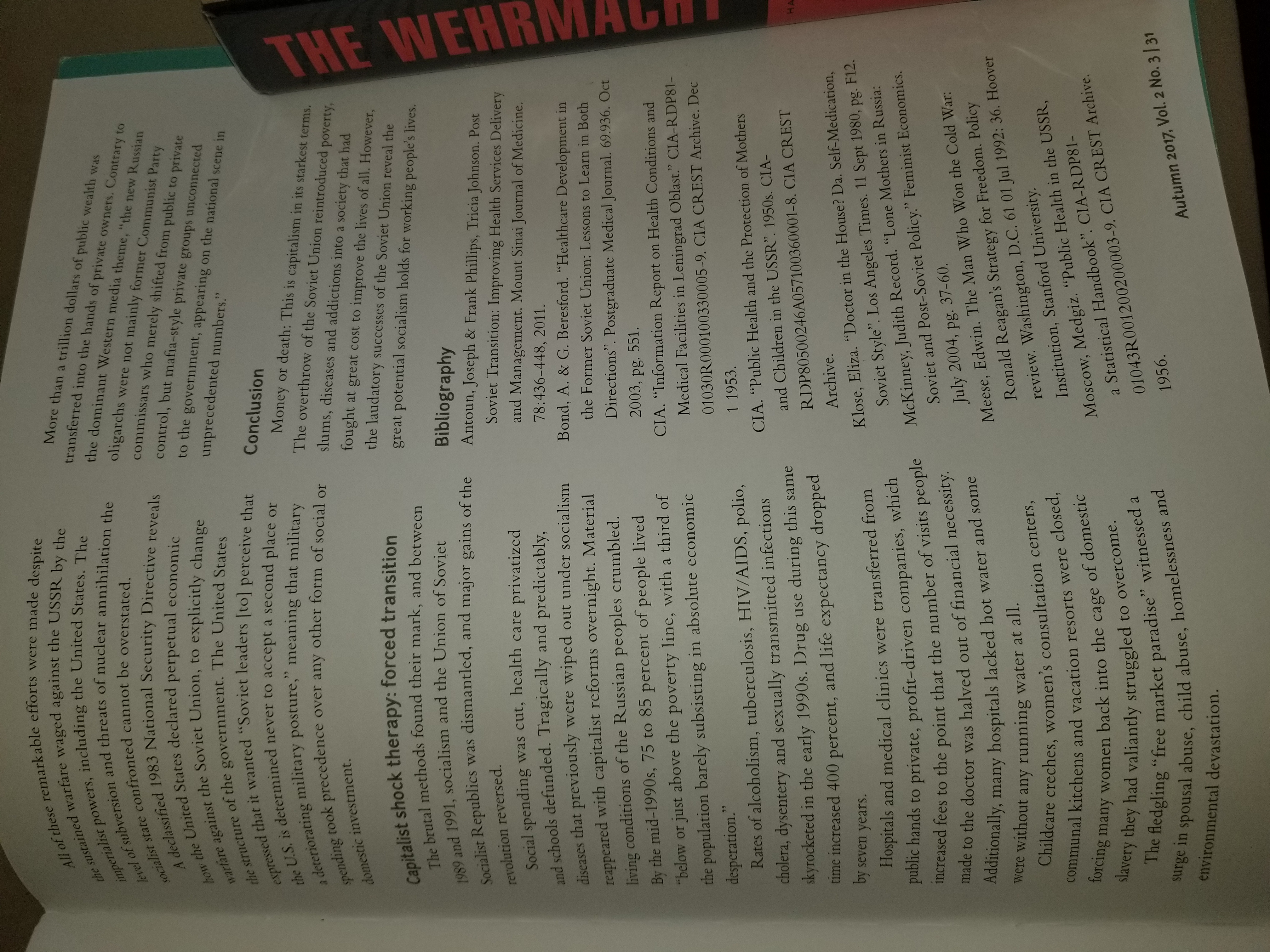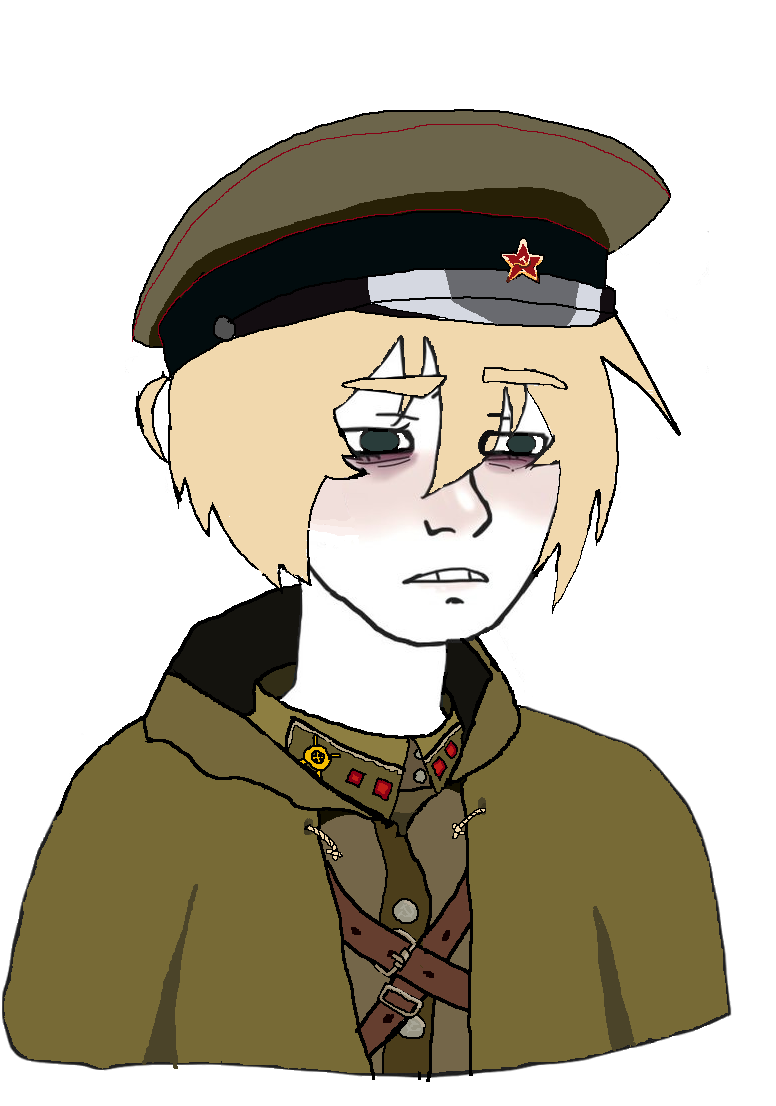I keep thinking how Marxists talk about seizing state power so that capitalists/fascists don’t, and just realized, I actually kinda struggle to envision this.
We’re not capturing a flag, getting on the president’s podium isn’t gonna let you just dictate the people, so like, exactly what locations are we seizing and how are we using them to free the people?
(I probably need to read what is to be done)
Reading the history of successful communist revolutions (USSR, PRC, cuba, vietnam, etc) will tell you how that was done not in theory, but in practice.
Thanks you, yeah, that’s true.
Could I kindly ask for some recommended reading, then, if you or anyone happens to have any suggestions, please
Ten Days That Shook the World by John Reed is a wonderful insight into the politicking that went on behind the scenes of the 1917 Revolution and the Bolshevik Revolution. It’s not dry, it’s a wonderful read and is quite short, but it shows how many regular people managed to seize power not only from the Tsardom but from liberal bourgeois “democracy”.
Maurice Meisner is a complicated and often biased against Marxism-Leninism writer, but “Mao’s China and After” gives a, I think, fair insight into how the CPC managed to create the PRC, going into detail about how they created their power bases etc. even after enormous setbacks like the large-scale politicide of communists and leftists in the cities. I haven’t read it yet but apparently “Fanshen” by William H. Hinton goes into pretty excruciating detail about what the CPC’s land reform programs looked like and how they managed to create state apparatuses to get them done. I hope these recommendations are helpful.
There are aspects of both of these revolutions that, because of the historical circumstances of the times and places they occured, cannot be easily replicated especially in the imperial core. The Bolsheviks had wide-ranging support among young, starving soldiers forced to participate in an imperialist war. The peasantry in China were repressed and oppressed beyond belief and China at the time was functionally a bunch of warlord microstates with a pseudo-fascist lame duck government led by the Kuomintang, and thus “China” as a political entity had not been established as hard-and-fast as say the United States is today and revolutionaries were able to capitalize on this instability and lack of governance in many areas to not necessarily “seize power” but “create power”, as it were. There are still many things to be learned from this history, however.
Some off the top of my head:
- Lenin - State and revolution
- Lenin - Left-wing Communism, an infantile disorder.
- 10 days that shook the world is the best for the birth of the USSR.
- Stalin - economic problems of the soviet union.
- Fidel - My Life
Most revolutionary leaders wrote about their experience of organizing their parties to capture state power, while they were in the middle of it. So check out marxists.org essays by Lenin, Stalin, Mao, Zhou Enlai, Deng Xiaoping, Zhu De, Ho Chi Minh, Fidel, Che, etc. Many of their best works are their short ones giving updates on what the immediate tasks of the party are.
I thought this was a nice example. For any of this to be possible, there needs to be a revolutionary struggle, and it needs to succeed. I think that also entails you having mass support from the people themselves.
You can’t just roll in with a gang of militants, seize a hospital, and call it a day. Once you have that critical mass of support, I think this allows you to truly & democratically draft policies that are genuinely beneficial to the people.
ugh, i’m not sure why it formatted the pictures that way…







